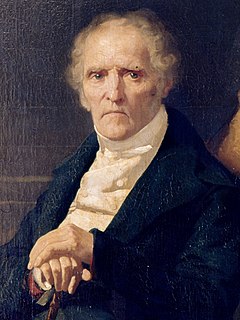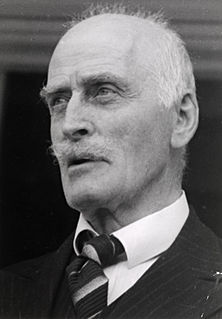A Quote by Charles Fourier
Certainly in each social period, youth must be made to venerate the dominant absurdities.
Related Quotes
Youth should be radical. Youth should demand change in the world. Youth should not accept the old order if the world is to move on. But the old orders should not be moved easily - certainly not at the mere whim or behest of youth. There must be clash and if youth hasn't enough force or fervor to produce the clash the world grows stale and stagnant and sour in decay.
Enjoy the blessing of strength while you have it and do not bewail it when it is gone, unless, forsooth, you believe that youth must lament the loss of infancy, or early manhood the passing of youth. Life's race-course is fixed; Nature has only a single path and that path is run but once, and to each stage of existence has been allotted its own appropriate quality; so that the weakness of childhood, the impetuosity of youth, the seriousness of middle life, the maturity of old age.. each bears some of Nature's fruit, which must be garnered in its own season.
Each era invents its own child. Over the past 500 years, conceptions of the child changed gradually from an ill-formed adult who must be subjugated to society's goals to a precious being who must be protected from unreasonable social demands. Childhood has come to be seen as a special period of life, rather than as a temporary state of no lasting importance for adulthood.
I like playing the social convention. If you're in a period drama, there's always something dancing underneath the surface as a human - but then you always have to conform to the social conventions around you, and those two things get to be juxtaposed against each other. You're being human, but you're trapped within the social convention of the time.
The dominant, almost general, idea of revolution - particularly the Socialist idea - is that revolution is a violent change of social conditions through which one social class, the working class, becomes dominant over another class, the capitalist class. It is the conception of a purely physical change, and as such it involves only political scene shifting and institutional rearrangements








































